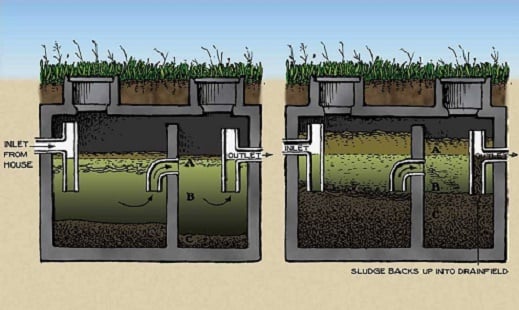
by condormarketing | Jun 7, 2016 | Treatment Plant
What Are Wastewater Treatment Plants? Water is a renewable resource but sometimes it needs to be treated in order for it to make it useable again. Treatment is the process of turning used or dirty water into something that is suitable for what it needs to be used for...


